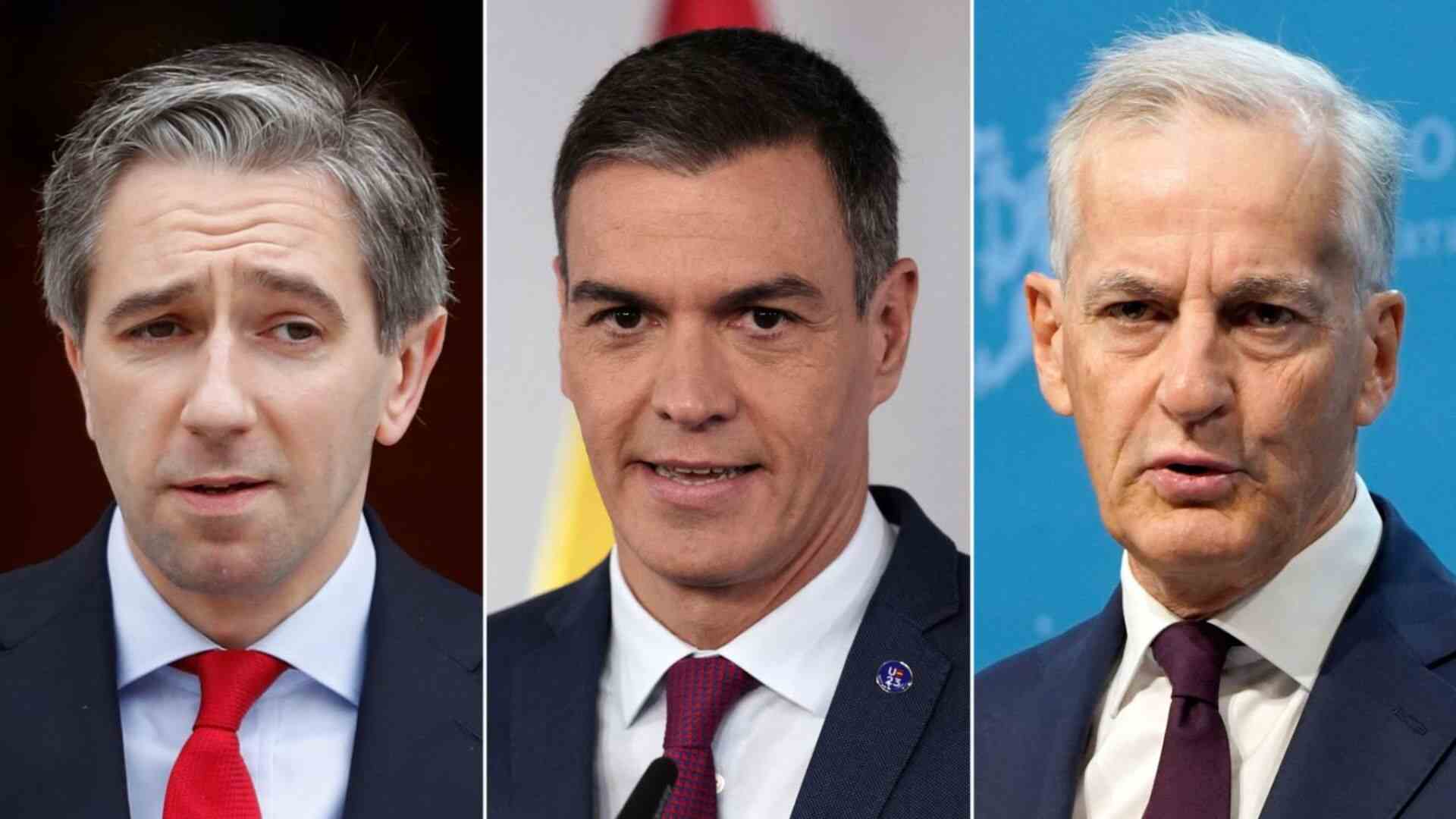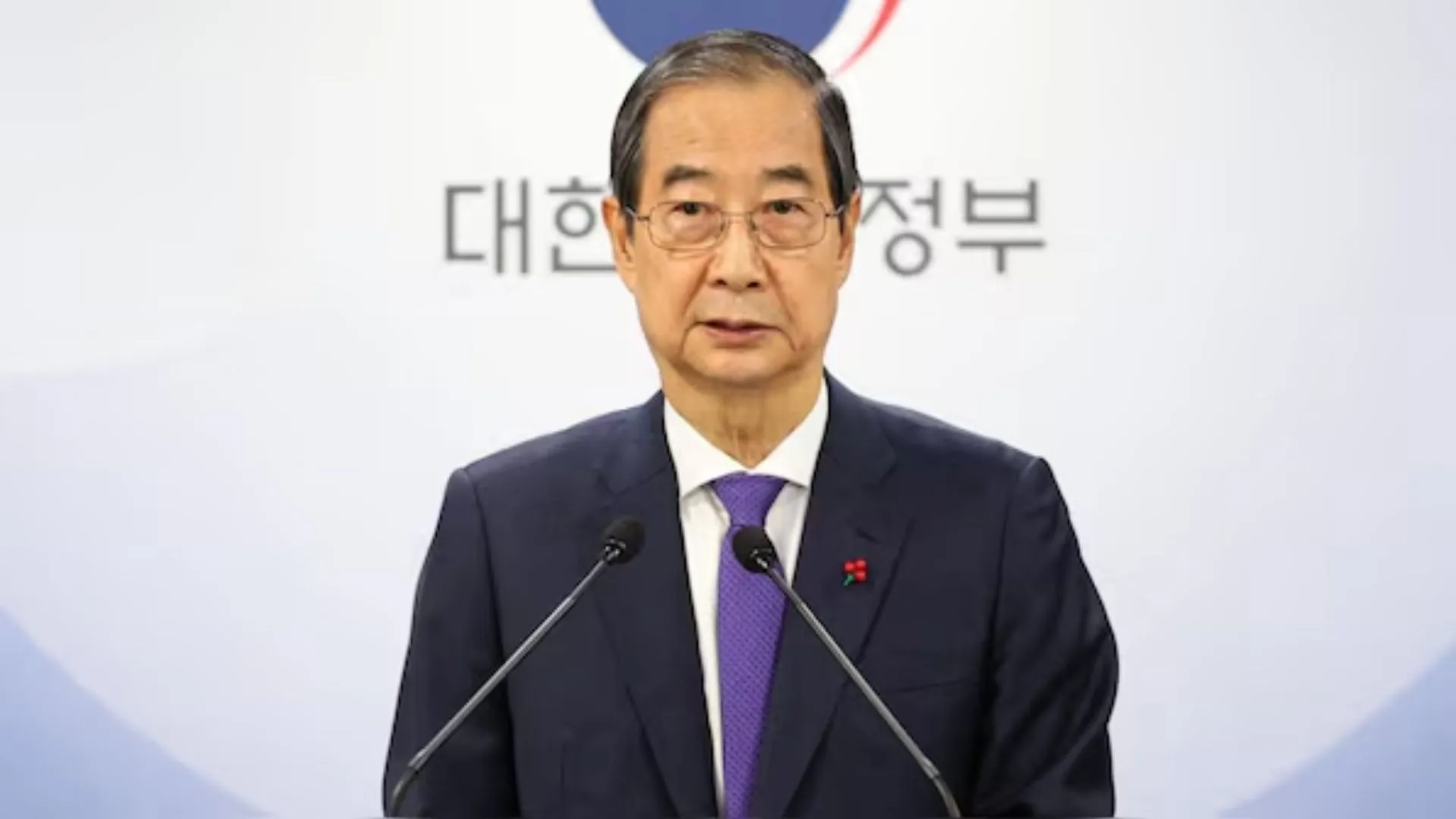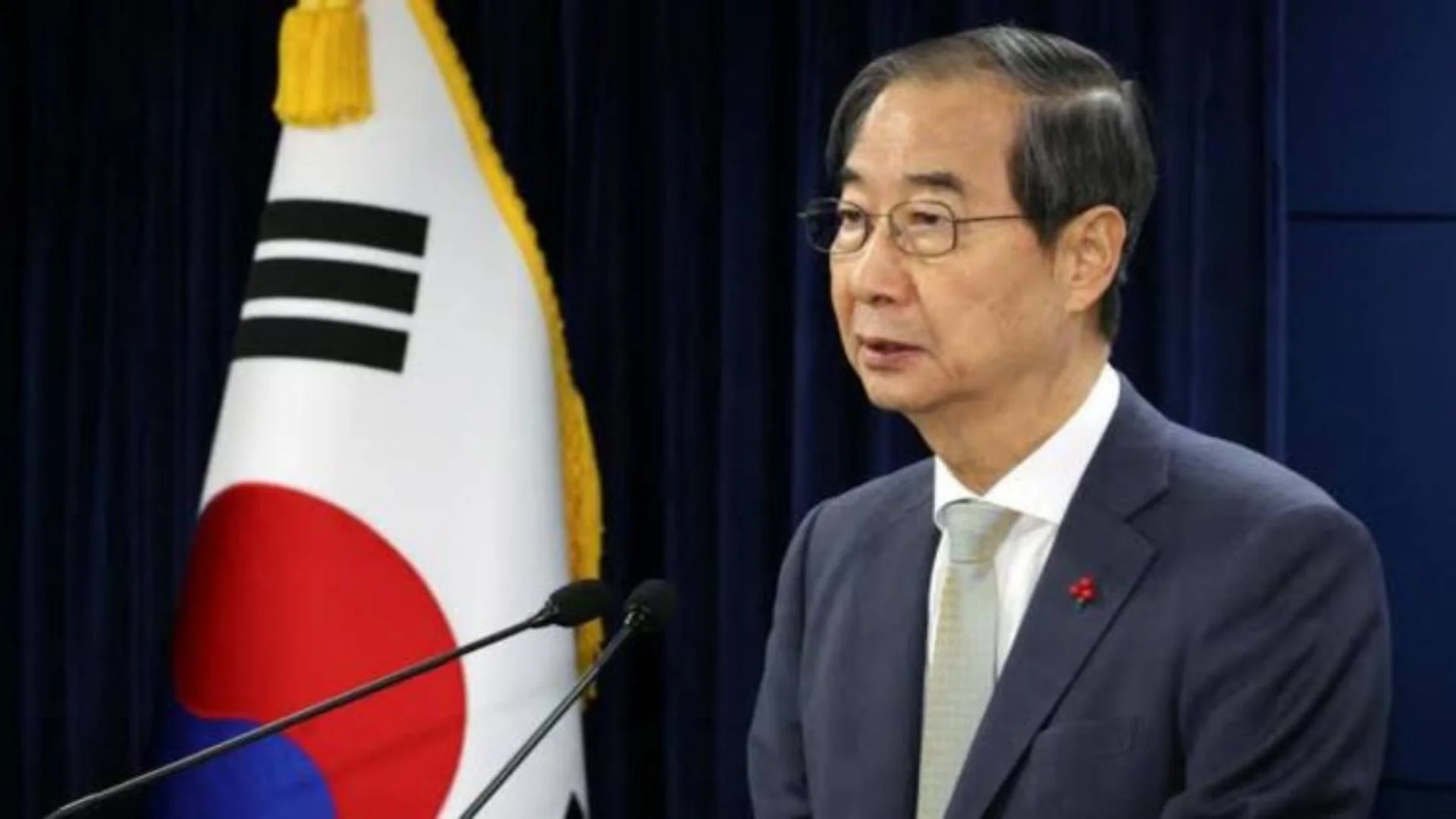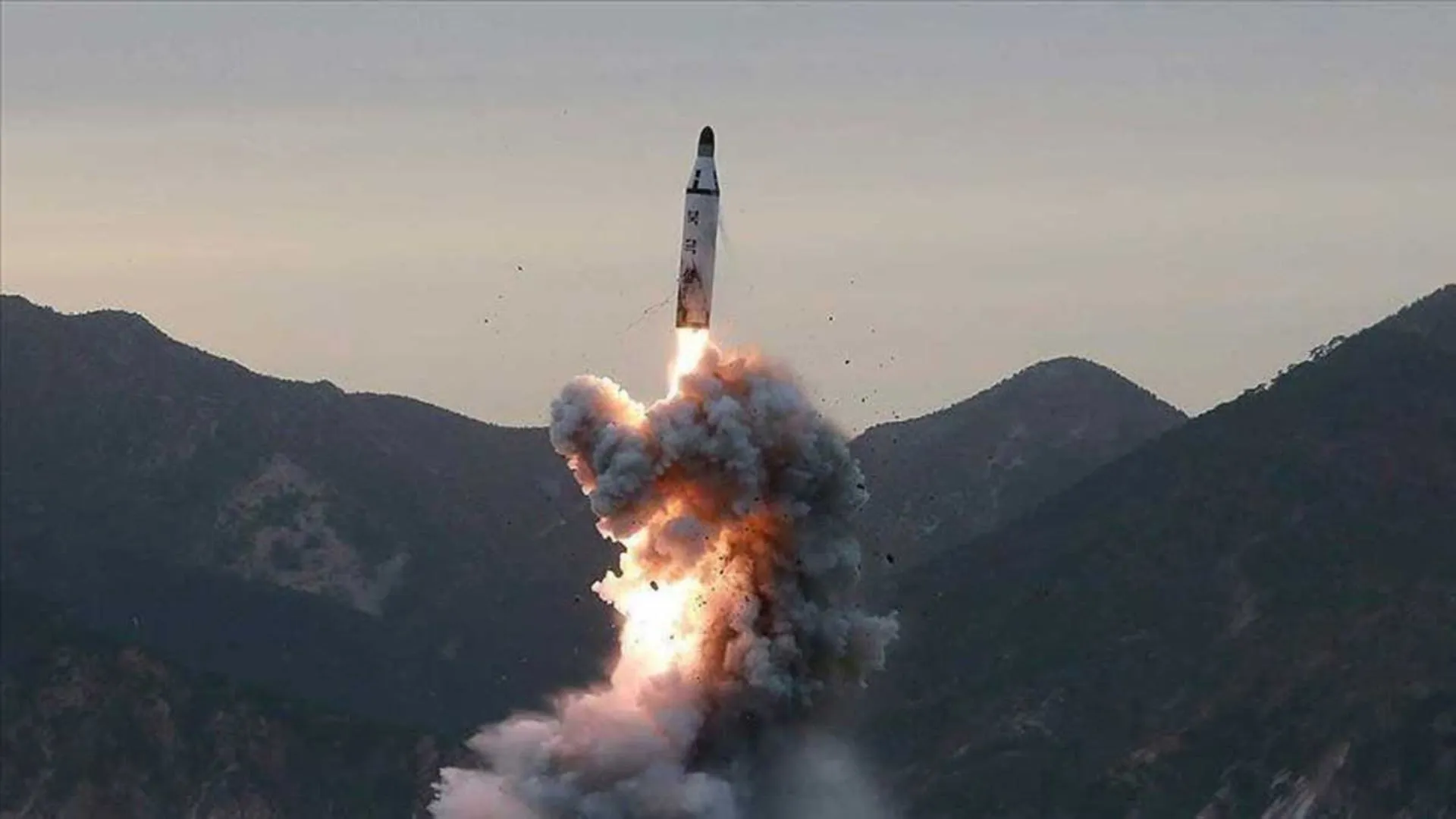On Wednesday, May 22, Norway, Ireland, and Spain announced their intention to recognize the state of Palestine on May 28. This historic decision represents the first instance of a Western European nation committing to acknowledging Palestine as a sovereign state.
Being acknowledged as a “state” by other nations can bolster a region’s desire to be recognized as a legitimate political entity on the global stage.
Espen Barth Eide, Norway’s Minister of Foreign Affairs said “Norway will recognize Palestine as a State. A two-state solution is the only viable pathway to peace for both Israel and Palestine. At this critical juncture, our recognition comes in support of the work towards a comprehensive plan for regional peace.”
What does it mean to be recognized as a state?
The Montevideo Convention (1933) outlines four state conditions: a permanent population, defined territory, government, and ability to engage with other states. Statehood, as per The Cambridge Companion to International Law, is pivotal globally. Many regions strive for independence, yet formal recognition hinges on global perception.
The UN’s criteria for accepting states as Members are broad, as per Article 4 of its Charter: “Membership in the United Nations is open to all other peace-loving states which accept the obligations contained in the present Charter and, in the judgment of the Organization, are able and willing to carry out these obligations.”
Status of Palestine at the UN
Before Norway, Ireland, and Spain’s announcement, 143 of the UN’s 193 members recognized Palestine as a state, mainly in Asia, Africa, and South America. India recognized Palestine in 1988. State recognition is crucial for Palestinian self-determination and governing choices. Section F of the resolution calls for sympathetic consideration of UN membership for independent states.
Palestinian leaders rejected the Plan, seeing it as against Arab interests. This led to the Arab Israeli war, with Israel prevailing. In 1949, its UN membership proposal was tabled, and approved by all P5 members except the UK, which abstained.
Significance of the Norway-Ireland-Spain move
The Norwegian Foreign Minister announced the upgrade of its representative office in the West Bank to an embassy, signifying a shift in global support towards Palestine amid divisions caused by the Gaza war. The US and UK, while expressing support for an independent Palestine, maintain it should be achieved through negotiations with Israel.
Spain’s PM Pedro Sánchez cites moral conviction and the necessity for peace in recognizing Palestine, criticizes Netanyahu for endangering the two-state solution.
The choice made by these three nations may set a precedent for others to do the same. French President Emmanuel Macron stated in February that France considering recognition of a Palestinian state was not off-limits.























